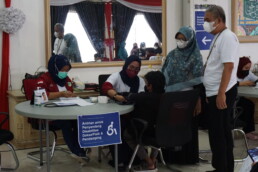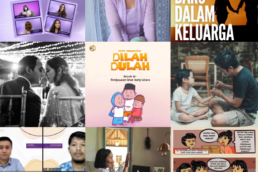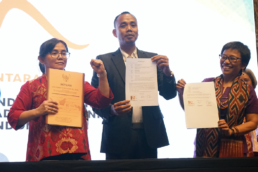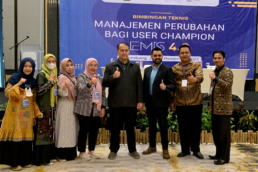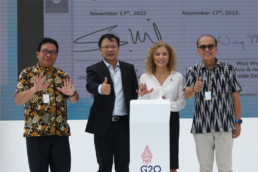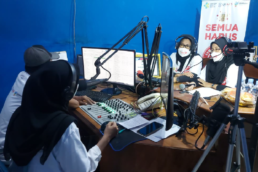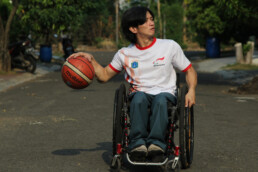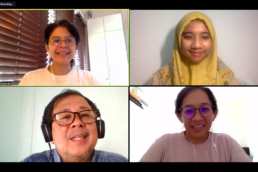The Challenge
Following Indonesia’s commitment at the 2009 G20 meeting in Pittsburgh to reduce emissions from deforestation and forest degradation by 26% through self-efforts and up to 41% through international support, the REDD+ Agency was established to lead and coordinate the fruition of such commitment. The task faced by the Agency covered multiple challenges: having to work with multiple project-types and stakeholders, information flow bottlenecks, and pressure from international, national, and sub- national stakeholders to deliver results.
Our Approach
The blend between a newly-established agency and a task that was extraordinarily broad in nature meant that communications was a key component, one that if not handled delicately is a recipe for impending crisis. Internally, our team that was planted at the Agency had to simultaneously cater and establish smooth transition of information between 4 deputyships. Communications between the deputies and their teams are critical to ensure the success in reaching the Agency’s key performance indicators.
Externally, the products that ID COMM assisted in developing was custom- tailored to help shape not only the Agency’s reputation and accountability at all levels, but also to ensure that quality information flow was maintained to key stakeholders to ensure inclusivity and buy-in. Key stakeholders we assisted the Agency in engaging includes relevant sectoral ministries (Ministry of Forestry, Ministry of Environment, Ministry of Village Development, Ministry of Foreign Affairs, Ministry of Internal Affair, Ministry of Finance, and BAPPENAS), governments in the Agency’s target provinces (Central Kalimantan, East Kalimantan, Jambi, West Sumatra, Central Sulawesi, Aceh, Papua, Riau, West Papua, South Sumatera, and West Kalimantan), as well as supporting technical agencies like BIG, and various other CSOs, donor agencies, and academic institutions.
The Result
During the one-year period that ID COMM worked with the Indonesian REDD+ Agency, we helped the Agency lay the groundwork for effective outreach strategies. This included the formulation of a master communication protocol for any of the Agency’s spokesperson(s), establishing a communication team structure to streamline the work between deputyships internally, paving the way for good relationships with media at national and sub-national levels, and producing materials to be distributed to stakeholders at international, national, and sub-national levels. These efforts helped the Agency to step confidently into the spotlight and take its role in leading Indonesia’s efforts to reduce emissions from deforestation and forest degradation.

